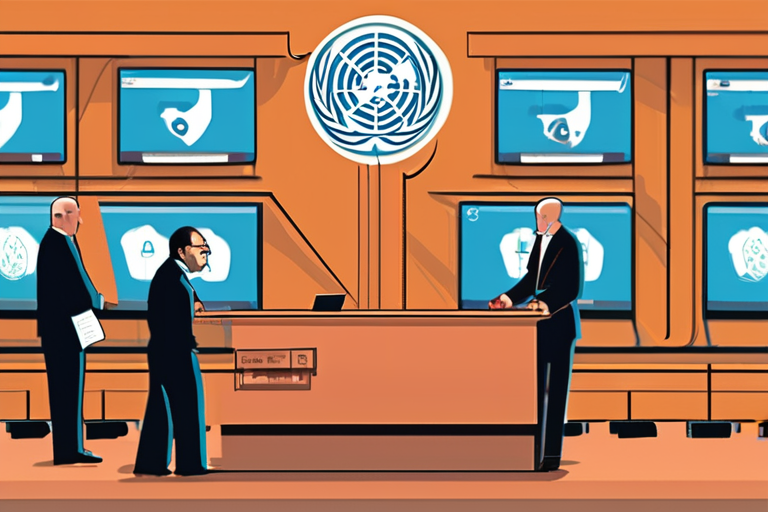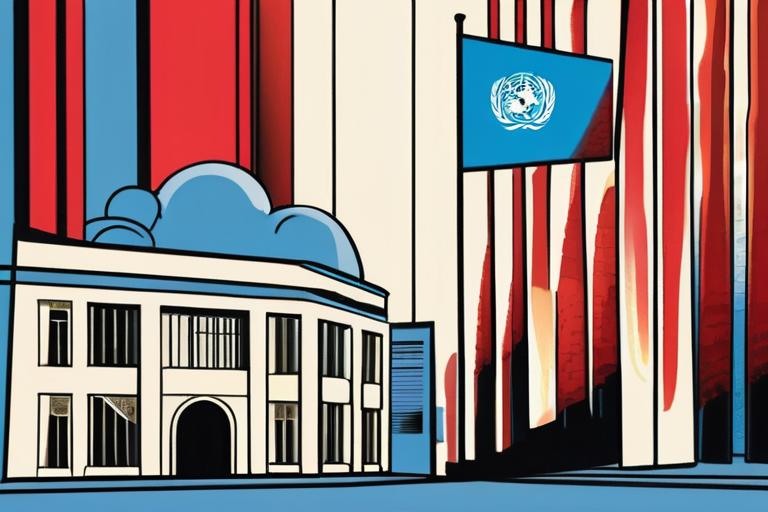UN Slaps Iran with Crushing Sanctions Under Revived Nuclear Deal Mechanism


Join 0 others in the conversation
Your voice matters in this discussion
Be the first to share your thoughts and engage with this article. Your perspective matters!
Discover articles from our community

 Hoppi
Hoppi

 Hoppi
Hoppi

 Hoppi
Hoppi

 Hoppi
Hoppi

 Hoppi
Hoppi

 Hoppi
Hoppi

UN Reimposes Sweeping Sanctions on Iran 10 Years After Landmark Nuclear Deal The United Nations has reimposed sweeping economic and …

Hoppi

UN Slaps Iran with Immediate Sanctions Amid Worsening Economic Crisis The United Nations has reimposed sanctions on Iran, effective immediately, …

Hoppi

UN Imposes "Snapback" Sanctions on Iran, Further Straining Economy The United Nations has reimposed sanctions on Iran through a mechanism …

Hoppi

UN Reimposes Sweeping Sanctions on Iran 10 Years After Landmark Nuclear Deal The United Nations has re-imposed sweeping economic and …

Hoppi

UN Sanctions on Iran: Global Community Weighs In The United Nations has reimposed sanctions on Iran, targeting its banking, oil, …

Hoppi

Breaking News: West Warns Iran Not to Escalate Amid Imposed Sanctions The UK, France, and Germany have issued a joint …

Hoppi